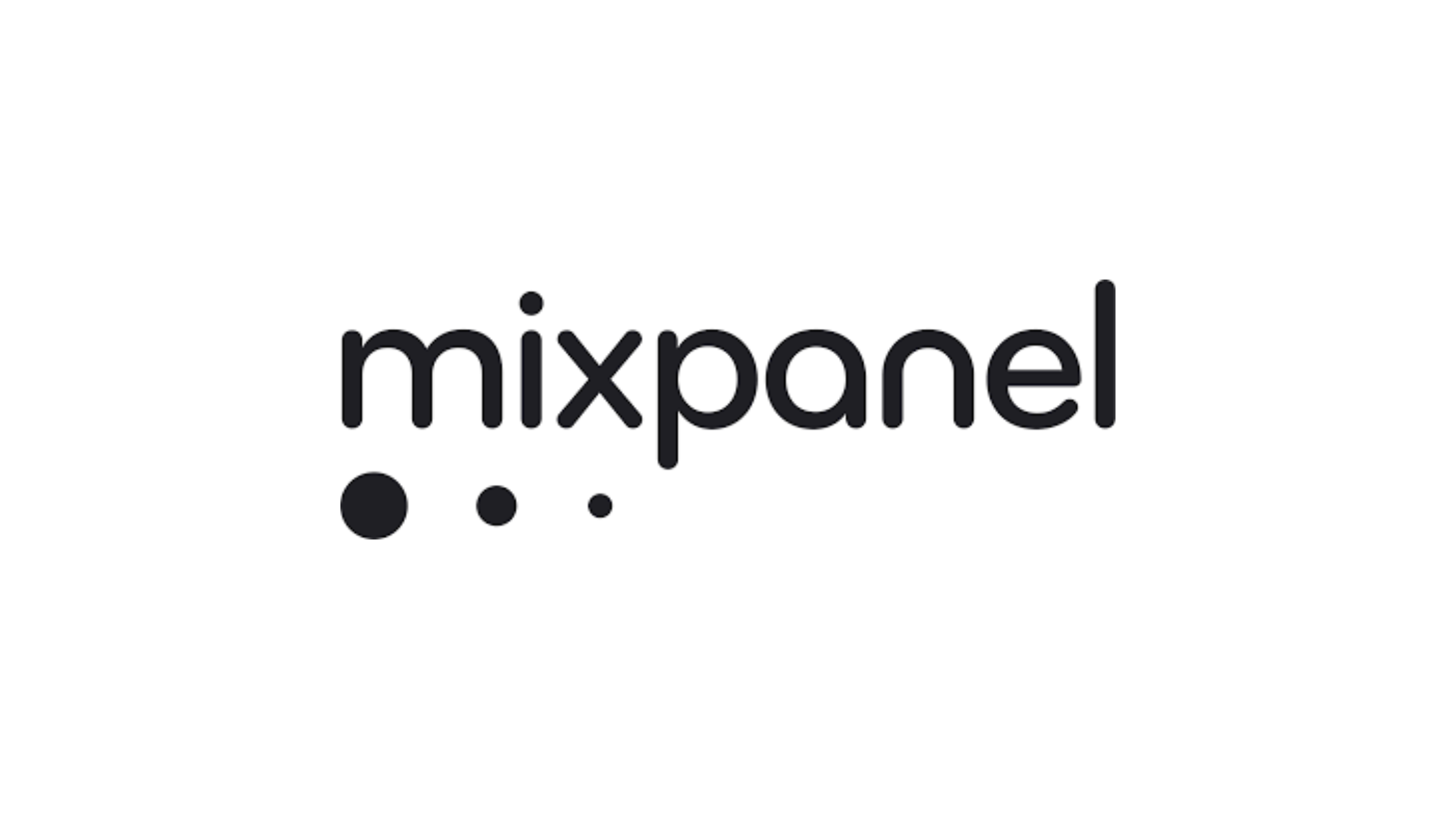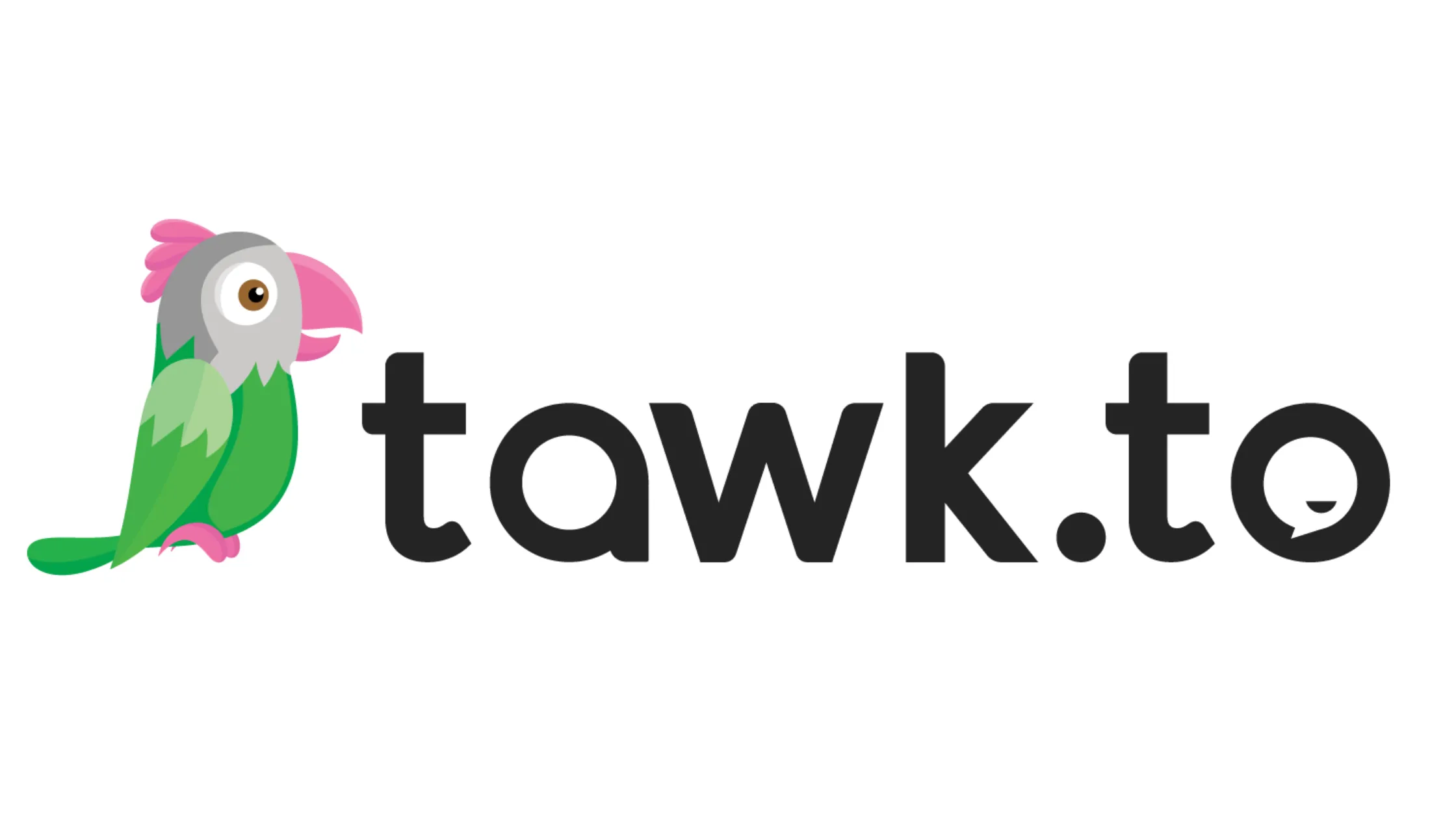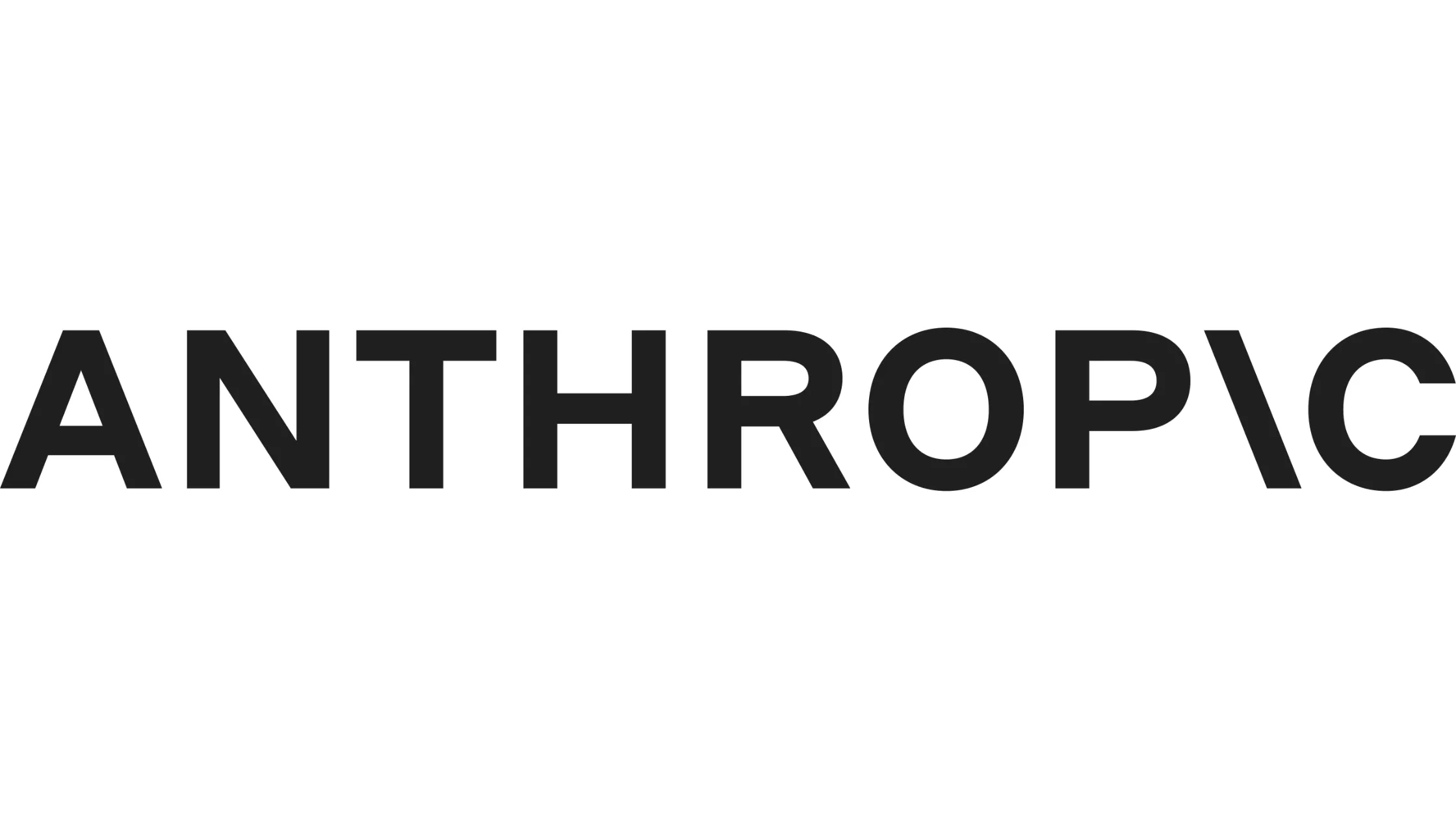
5 Common Technical Challenges Startups Face and How to Overcome Them
Learn how startup founders can overcome 5 common technical challenges like scalability, security, and limited resources, without breaking the bank.
As a startup founder, you're no stranger to the rollercoaster of building a business. Between finding product-market fit, securing funding, and assembling the right team, it's easy to feel overwhelmed—especially when it comes to handling technical challenges. From my own experience as a YC alum and software engineer turned co-founder, I’ve seen startups face similar roadblocks over and over. And believe me, it’s not always the code itself that’s tricky; sometimes, it’s the infrastructure, processes, or even technical debt that can slow you down.
In this article, we'll break down five of the most common technical challenges startups face and how you, as a founder, can tackle them head-on. Let’s dive in!
1. Scalability Issues
When Your Tech Can’t Keep Up
One of the first technical hurdles startups encounter is scalability. Early-stage founders often focus on getting an MVP out the door—rightly so! But what happens when your product starts gaining traction and your infrastructure can’t keep up with user demand? Scalability issues can cause slow load times, crashes, and a generally poor user experience that drives customers away.
How to Overcome Scalability Challenges
- Plan for Growth Early: Even if you’re building an MVP, architect it in a way that allows for future scaling. Consider cloud-based solutions like AWS or Google Cloud Platform that offer flexible scaling options.
- Leverage Microservices: Microservice architecture lets you break down your application into smaller, manageable services that can scale independently. It’s a more complex initial setup, but it pays off as you grow.
- Monitor Performance: Use tools like New Relic or Datadog to track performance bottlenecks in real-time. Fixing problems as they arise is key to maintaining a smooth experience for users.
2. Managing Technical Debt
The Hidden Cost of Quick Fixes
Technical debt happens when you take shortcuts to get your product out faster, often at the expense of long-term code quality. While it’s tempting to “just get it done,” the repercussions are serious: frequent bugs, high maintenance costs, and delayed updates.
How to Manage and Reduce Technical Debt
- Refactor Regularly: Build time into your sprints to refactor old code. This doesn’t mean a complete overhaul but improving small sections can significantly reduce future debt.
- Write Clean, Scalable Code: If you can, follow coding best practices from the start. Encourage your developers to leave detailed comments and documentation for future team members.
- Balance Speed and Quality: Always question whether a quick fix is worth the cost. Sometimes, taking an extra day to do it right will save you weeks of headache down the road.
3. Finding the Right Tech Stack
Choosing the Right Tools for the Job
With so many programming languages, frameworks, and tools out there, it’s easy to get lost when deciding what your tech stack should be. I’ve seen founders freeze up, worried about making the wrong choice and needing to rebuild later. But the truth is, no tech stack is perfect—it’s all about choosing the right one for your needs at the time.
How to Choose the Best Tech Stack for Your Startup
- Consider Your Team’s Expertise: It’s not just about the tools themselves—it’s about who’s using them. Choose a stack your team is comfortable with to avoid steep learning curves.
- Future-Proofing: While you don’t need to jump on every trendy framework, consider long-term support. Is the language or framework backed by a strong community? Will it still be around in a few years?
- Fit to Your Product: A healthtech app might benefit from secure, HIPAA-compliant options, while an e-commerce platform will need something scalable and SEO-friendly. Match your stack to your product’s needs.
4. Security and Compliance
Avoiding Costly Data Breaches
Security is something too many startups overlook until it’s too late. Whether you’re handling user data or building software for sensitive industries like healthcare, security breaches can destroy your reputation and, in extreme cases, lead to costly legal consequences.
How to Secure Your Product from Day One
- Encrypt Everything: Whether it’s user passwords or sensitive customer data, encryption is a must. Use strong, industry-standard encryption algorithms to keep your data safe.
- Conduct Regular Security Audits: Have a third-party expert audit your code for vulnerabilities before launching. Better safe than sorry!
- Stay Compliant: If you’re in a regulated industry, ensure you’re compliant with relevant standards (e.g., HIPAA for healthtech, PCI for e-commerce). Building compliance from the start saves you from having to backtrack later.
5. Limited Engineering Resources
How to Get More Done with Less
As a startup, you're probably operating with limited resources. Hiring a full in-house development team might not be feasible yet, but at the same time, you can’t afford to fall behind on building your product.
How to Maximize Your Engineering Resources
- Outsource Strategically: Consider partnering with a product development agency like Horizon Labs. By using experienced external teams, you can accelerate your development timeline without the high overhead of full-time employees.
- Use Staff Augmentation: If you need more hands on deck but aren’t ready to hire full-time, staff augmentation is a great middle ground. It allows you to bring in skilled developers temporarily while keeping long-term flexibility.
- Automate Where You Can: Free up developer time by automating repetitive tasks like deployment, testing, and monitoring. DevOps tools like Jenkins or CircleCI are your best friends.
Bonus: Integrating Emerging Technologies
Staying Competitive with New Tech
In today’s fast-paced world, emerging technologies like AI, blockchain, and machine learning are creating new opportunities for startups to innovate. But while these technologies offer immense potential, they also come with challenges, particularly around integration and long-term sustainability.
How to Stay Ahead with Emerging Tech
- Start Small, Scale Later: It’s easy to get excited about cutting-edge tech, but remember that not every trend needs to be integrated into your product right away. Start with a pilot or prototype, and scale based on user feedback.
- Work with Experts: Partnering with a team experienced in emerging technologies—like Horizon Labs—ensures that your implementation is strategic and well-executed. AI and blockchain projects, in particular, require a high level of expertise to be done right.
- Measure ROI Early: Always assess the business value of integrating new technologies. Will it streamline operations, reduce costs, or improve the user experience? Make sure the benefits outweigh the complexity.
Common Pitfalls to Avoid
Overcomplicating the Product
It’s tempting to throw in every feature you’ve dreamed of when building your startup’s product, but this often leads to overcomplication. Remember, your MVP should be the simplest version of your product that solves a real problem for your users. Adding too many features early on can slow development, increase technical debt, and confuse users.
How to Keep It Simple
- Focus on Core Features: Prioritize what’s essential for launch and iterate based on real user feedback. You can always add more features later, but you can’t get back lost time from unnecessary complexity.
- Get User Feedback Early: Don’t assume you know what your users want. Start testing your product with a small group as soon as possible to understand what features they find valuable.
Ignoring Technical Documentation
Another mistake many startups make is skipping over technical documentation in the rush to get to market. While documentation might seem secondary to development, it’s crucial for maintaining and scaling your product in the long run. Without it, onboarding new engineers becomes a nightmare, and future code updates can introduce bugs that take weeks to fix.
The Importance of Solid Documentation
- Maintain Code Comments: Encourage your developers to leave meaningful comments in the codebase. It’s not just for future hires—it’ll also help your current team work more efficiently.
- Build a Knowledge Base: Document APIs, workflows, and key decisions in a centralized knowledge base. Not only does this help with engineering tasks, but it also ensures that everyone from product managers to QA testers is aligned on the project’s direction.
When and How to Bring in a CTO or Tech Partner
Do You Need a CTO Yet?
For early-stage founders, it’s common to wonder when to bring in a full-time CTO. A Chief Technology Officer plays a critical role in shaping the long-term technology vision for your startup, but hiring too soon can strain your resources, especially if you’re still in the early phases of development.
Finding the Right Tech Partner
- Hire Fractional CTOs: If you’re not ready for a full-time commitment, a fractional CTO (someone who works part-time but takes on the responsibilities of a CTO) can be a great option. At Horizon Labs, we offer fractional CTO services that help startups get high-level strategic guidance without breaking the bank.
- Focus on Culture Fit: If and when you do hire a full-time CTO, make sure they’re aligned with your startup’s mission, not just their technical skills. You need someone who understands the business side as much as the tech side.
Final Thoughts
Starting and scaling a tech-driven startup is no easy feat, especially when technical challenges keep popping up along the way. But with the right mindset and the right team, you can tackle anything—from scalability concerns to staying ahead with emerging technologies.
At Horizon Labs, we’ve helped numerous startups like Flair Labs and Arketa turn their visions into reality. Whether you need help developing an MVP, scaling your infrastructure, or bringing in expert engineering talent, we’re here to support you every step of the way. Let us handle the technical side so you can focus on what matters most—growing your business. Get in touch today at horizon-labs.co/contact or email us at info@horizon-labs.co to schedule a free consultation.
Frequently Asked Questions (FAQs) about Technical Challenges Startups Face:
Q: What’s the most common cause of scalability issues in early-stage startups?
A: Scalability issues often arise when startups focus too heavily on rapid MVP development without considering future growth. While launching quickly is essential, skipping steps like building flexible infrastructure, using scalable databases, or planning for high user traffic can lead to problems as your user base grows. Using cloud platforms like AWS and adopting a microservices architecture early can mitigate these issues.
Q: How can a founder know when to address technical debt?
A: Technical debt is often invisible until it starts to slow down your development process or lead to bugs. A good rule of thumb is to assess your codebase after each major release or sprint. If bug fixes are taking longer than new features to implement, or if your team is spending more time troubleshooting than building, it's time to address technical debt. Setting aside dedicated "cleanup" sprints can help manage this over time.
Q: How can a non-technical founder decide on the right tech stack?
A: Non-technical founders should start by defining the core functionality of their product and the type of user experience they want to offer. Next, consult with technical experts to evaluate which tools and languages best support those needs while considering factors like scalability, security, and ease of hiring developers for that stack. For instance, if you're building a mobile-first platform, React Native might be a good choice for cross-platform development. Always aim for a tech stack that aligns with both short-term goals and long-term scalability.
Q: What are some early warning signs that your startup’s product may not be secure?
A: Some early warning signs include a lack of encryption for sensitive data, inconsistent password policies, and outdated software dependencies with known vulnerabilities. If your application handles user data, you should also be mindful of how data is stored and transmitted. Regular security audits, automated vulnerability scanning, and maintaining strong data access controls can help identify and address potential security risks before they escalate.
Q: Is it ever too early to start thinking about compliance for startups?
A: It’s never too early to think about compliance, especially if you’re in regulated industries like healthcare, finance, or e-commerce. Non-compliance can result in hefty fines or even prevent you from operating in certain markets. Building in compliance from the start—such as ensuring your app is GDPR, HIPAA, or PCI compliant—will save you from costly redesigns or legal issues later. This includes everything from encrypting sensitive data to making sure your platform meets accessibility standards.
Q: How do limited engineering resources affect a startup’s growth trajectory?
A: Limited engineering resources can slow down product development, making it difficult to release updates, fix bugs, or build new features in a timely manner. This can affect your ability to stay competitive and respond to user feedback. However, founders can manage this by strategically outsourcing certain development tasks, using staff augmentation, and prioritizing features that deliver the most business value.
Q: How can emerging technologies be integrated into a startup’s product without derailing core development?
A: The key to integrating emerging technologies like AI or blockchain is to start with small, low-risk pilots. Incorporate them into non-critical parts of your product to see how they perform and how they add value to your users. As you gain more confidence, gradually scale their usage across the platform. Additionally, work with experts who have experience implementing these technologies to avoid common pitfalls. This allows you to innovate without disrupting core development tasks.
Q: How can founders avoid overcomplicating their MVP?
A: To avoid overcomplicating your MVP, focus on building only the core functionality that solves your target audience’s primary problem. Resist the temptation to add extra features or layers of complexity before getting user feedback. Start by creating a clear product vision and roadmap, with a list of essential features that align with your goals. User feedback will inform whether additional features are necessary, saving you time and resources by preventing unnecessary development.
Q: How should startups balance speed versus code quality?
A: Balancing speed and code quality is all about prioritization. In the early stages, speed is often critical, especially if you’re racing to market or validating a concept. However, cutting too many corners on code quality can lead to technical debt that will slow you down later. A balanced approach is to release quickly but leave room for refactoring once you’ve validated your idea. Establish coding standards from the start and invest time in automated testing to maintain quality without slowing down your development speed.
Q: When should a startup consider outsourcing development?
A: Startups should consider outsourcing development when they have a well-defined project but lack the internal resources or technical expertise to execute it efficiently. Outsourcing is particularly helpful if you're operating with limited engineering talent, need to accelerate your development timeline, or require specialized skills like AI, machine learning, or cloud deployment. It allows you to stay flexible while bringing in experienced engineers without the long-term commitment or overhead of hiring full-time staff.
Q: What’s the best way for non-technical founders to work effectively with engineering teams?
A: Non-technical founders can work effectively with engineering teams by maintaining clear communication, setting realistic expectations, and understanding the basics of the technical processes involved. This doesn’t mean you need to code, but having a grasp of project timelines, development cycles, and the challenges engineers face can go a long way. Regular check-ins, providing detailed product specs, and prioritizing features based on user feedback can keep your team aligned and productive.
Q: How do startups handle product pivots from a technical perspective?
A: Pivots often require reworking significant parts of your tech stack, but the process doesn’t have to be chaotic. Start by reassessing your current architecture to identify what can be salvaged and what needs to change. Modular and flexible systems like microservices can make pivots easier by allowing you to adjust specific components without rebuilding the entire product. Make sure your engineering team is part of the pivot decision-making process to ensure technical feasibility and to manage the transition smoothly.
Q: What’s the role of DevOps in helping startups overcome technical challenges?
A: DevOps plays a crucial role in helping startups automate processes, reduce deployment times, and improve product reliability. By integrating development and operations teams, DevOps encourages a culture of collaboration and streamlines the development lifecycle. Implementing continuous integration and continuous delivery (CI/CD) pipelines can speed up deployments and minimize errors, allowing startups to release updates faster while maintaining code quality. Startups should consider investing in DevOps practices early on to ensure scalable, efficient operations as they grow.
Q: How can startups ensure smooth communication between technical and non-technical teams?
A: Startups can ensure smooth communication by implementing clear project management tools and processes, such as agile or Scrum methodologies, which encourage regular check-ins and transparency. Using tools like Jira or Trello to track progress and Slack or email for clear communication can also help bridge the gap between technical and non-technical teams. It's important for non-technical founders to define goals and priorities in business terms, while engineers translate those goals into technical tasks. This alignment ensures both sides are working towards the same objectives.
Q: How can startups protect themselves from technical co-founder disputes?
A: Technical co-founder disputes often arise from misaligned expectations, unclear roles, or poor communication. To prevent this, establish clear roles and responsibilities from the beginning. It's also important to maintain open, honest communication and document major technical decisions. Having a written agreement that outlines how to handle disputes, such as through mediation or defined exit strategies, can save your startup from significant headaches down the road. Regular check-ins and making sure both co-founders have aligned long-term goals for the company will also help prevent conflicts.
Need Developers?
We help companies build ideas into apps their customers will love (without the engineering headaches).
















For Startups & Founders
We've been founders ourselves and know how valuable the right communities, tools, and network can be, especially when bootstrapped. Here are a few that we recommend.

Mistakes to Avoid When Building Your First Product
Learn the key mistakes founders make when building their first product—and how to avoid them for a faster, smoother launch.
Read more
The Rise of AI in Product Development: What Startups Need to Know
Learn how AI is transforming product development for startups. From MVPs to scaling, here’s what founders need to know in today’s AI-driven world.
Read more
No-Code vs. Custom Development: Which is Right for Your Startup?
Weighing no-code vs. custom development? Learn which is right for your startup depending on stage, budget, and product complexity.
Read more
What is Mixpanel?
Learn how Mixpanel helps startups track user behavior to improve products and accelerate growth with clear data-driven insights.
Read more
How Tawk.to Can Boost Your Startup’s Customer Support Game
Learn how Tawk.to can benefit startups by enhancing customer support and engagement. Perfect for early-stage founders!
Read more
Grow Your Startup With Anthropic's AI-Powered Tools
Discover how Anthropic's cutting-edge AI tools can accelerate your startup's success. Learn about their benefits and see why they can be trusted by startups.
Read more
What is Data-Driven VC?
Learn what a data-driven VC means and how such investors can benefit your startup’s growth and fundraising journey.
Read more
What is Blockchain?
A beginner-friendly guide on blockchain for startup founders, covering key concepts, benefits, challenges, and how to leverage it effectively.
Read more
What is Cybersecurity?
Learn cybersecurity basics tailored for startup founders. Understand key risks, best practices, and how to protect your startup from tech threats.
Read more
What is Seedcamp?
Learn what Seedcamp is, how its European seed fund and accelerator program work, and how founders can use its capital, mentorship, and network to scale their st
Read more
What is AngelList?
AngelList is a prime platform connecting startup founders to investors, talent, and resources to accelerate early-stage growth.
Read more
What is 500 Startups?
Learn what 500 Startups (now 500 Global) is, how its accelerator and seed fund work, and when founders should consider it—plus tips for early-stage startups.
Read more.png)